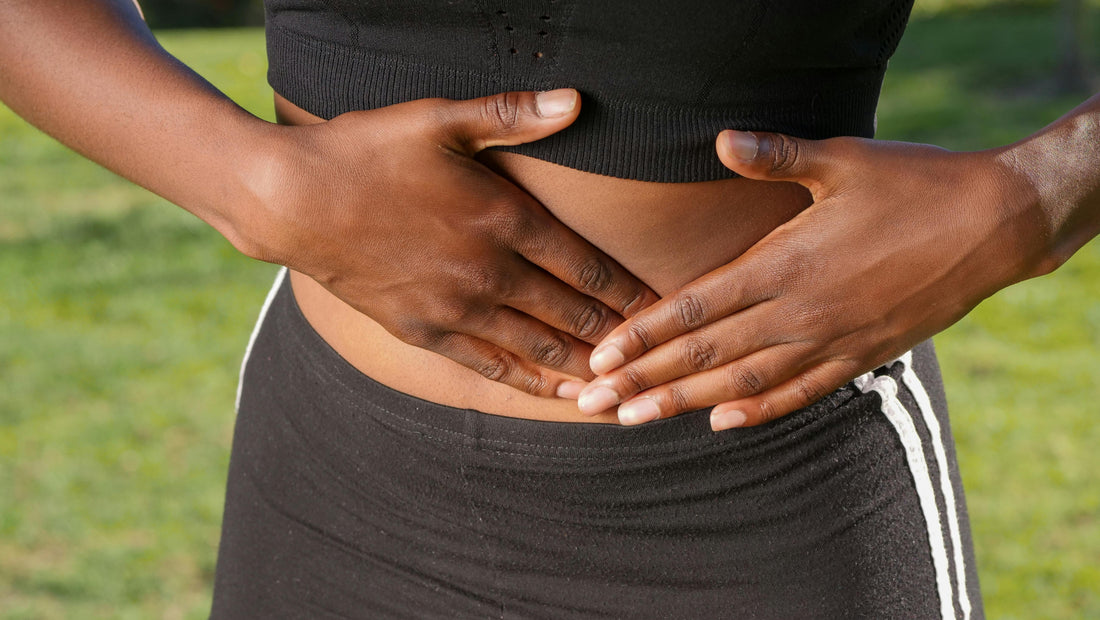
Does Creatine Cause Dehydration and Muscle Cramps?
Share
Creatine is one of the most popular supplements for building strength and muscle. But along with its benefits, some myths still make people nervous about using it. One common claim is that creatine causes dehydration and muscle cramps—especially when exercising in the heat. So, is there any truth to this?
Let’s look at what the science really says.
Where This Myth Comes From
This idea likely started in the early 2000s, when creatine was relatively new to the public. Because creatine pulls water into your muscle cells, some believed it could lead to water imbalance, making you more prone to cramping, dehydration, or heat-related issues.
A few athletes even reported cramping while using creatine, and early sports organizations warned against it—especially for people training in hot weather.
But these concerns were mostly based on theory and anecdotal reports, not actual research.
What the Research Says
Since then, multiple studies have tested this theory, and the results are clear: creatine does not cause dehydration or cramps.
In fact, some research shows the opposite:
- A large study on NCAA football players found those taking creatine had fewer cramps, less dehydration, and fewer injuries compared to players who didn’t use it.
- In clinical trials, creatine actually reduced cramping in patients undergoing dialysis, a group prone to cramps.
- Other studies show that creatine may improve hydration status, possibly by drawing water into muscles in a helpful way, not a harmful one.
So, while people may feel a slight increase in body weight when starting creatine (mostly from water stored inside muscles), this doesn’t lead to dangerous fluid loss or imbalance.
Creatine and Heat: A Closer Look
A major worry is whether creatine makes it harder to train in the heat. But real-world data says otherwise. In studies where athletes trained in hot and humid conditions, creatine didn’t increase the risk of heat illness. In fact, some found it helped with hydration and reduced heat-related problems.
Of course, this doesn’t mean you can skip basic hydration practices. Whether or not you take creatine, it’s important to drink enough fluids, especially during intense workouts or hot weather.
What About Muscle Cramps?
Muscle cramps are common in athletes and can be caused by many things: poor conditioning, electrolyte imbalances, fatigue, or dehydration. But creatine is not a proven cause.
Controlled studies consistently show that athletes who use creatine do not have more muscle cramps than those who don’t. In some cases, they even have fewer cramps, likely because creatine helps support muscle performance and recovery.
Practical Advice for Creatine Users
If you're thinking about using creatine but worried about side effects, here’s what you need to know:
- Stick to the recommended dose: Usually 3–5 grams per day is enough.
- Stay hydrated: Drink water consistently, especially around workouts.
- Eat a balanced diet with enough electrolytes (sodium, potassium, magnesium).
- Skip loading phases if you’re concerned about water retention or bloating—daily low doses are just as effective over time.
Final Thoughts
The myth that creatine causes dehydration or muscle cramps has been around for years, but modern research has thoroughly debunked it. When taken at the proper dose, creatine is safe, well-tolerated, and may even support hydration and reduce cramps for some people.
If you’re staying hydrated, eating well, and training smart, creatine is a powerful and safe supplement to support your fitness journey—without the fear of cramps or dehydration.
